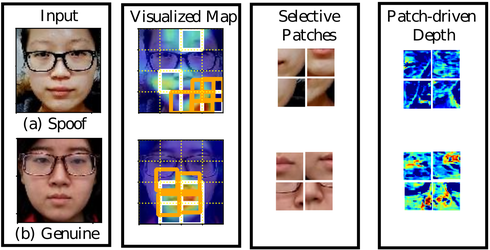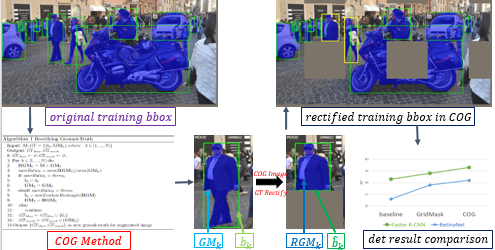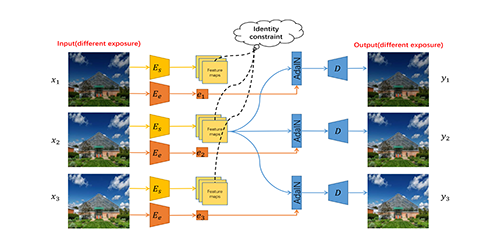Towards Robust Fine-grained Recognition by Maximal Separation of Discriminative Features
Krishna Kanth Nakka (EPFL)*, Mathieu Salzmann (EPFL)
Keywords: Applications of Computer Vision, Vision for X
Abstract:
Adversarial attacks have been widely studied for general classification tasks, but remain unexplored in the context of fine-grained recognition, where the inter-class similarities facilitate the attacker's task.In this paper, we identify the proximity of the latent representations of local regions of different classes in fine-grained recognition networks as a key factor to the success of adversarial attacks. We, therefore, introduce an attention-based regularization mechanism that maximally separates the latent features of discriminative regions of different classes while minimizing the contribution of the non-discriminative regions to the final class prediction. As evidenced by our experiments, this allows us to significantly improve robustness to adversarial attacks, to the point of matching or even surpassing that of adversarial training, but without requiring access to adversarial samples. Further, our formulation also improves the detection AUROC score of adversarial samples over baselines on adversarially trained models.
SlidesLive
Similar Papers
Attended-Auxiliary Supervision Representation for Face Anti-spoofing
Son Minh Nguyen (Teikyo University)*, Linh Duy Tran (Teikyo University), Masayuki Arai (Teikyo Univ.)

COG: COnsistent data auGmentation for object perception
Zewen He (Casia)*, Rui Wu (Horizon Robotics), Dingqian Zhang (Horizon Robotics)

Over-exposure Correction via Exposure and Scene Information Disentanglement
Yuhui Cao (SECE, Shenzhen Graduate School, Peking University)*, Yurui Ren (Shenzhen Graduate School, Peking University), Thomas H. Li (Advanced Institute of Information Technology, Peking University), Ge Li (SECE, Shenzhen Graduate School, Peking University)
